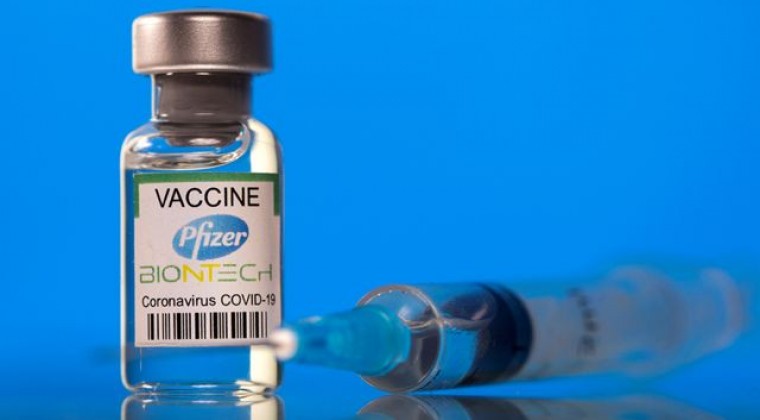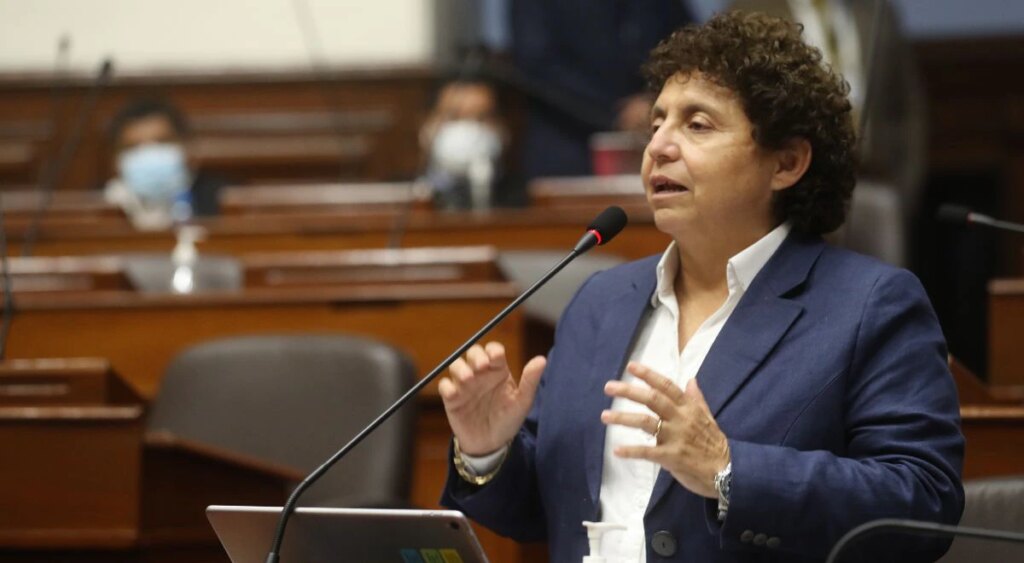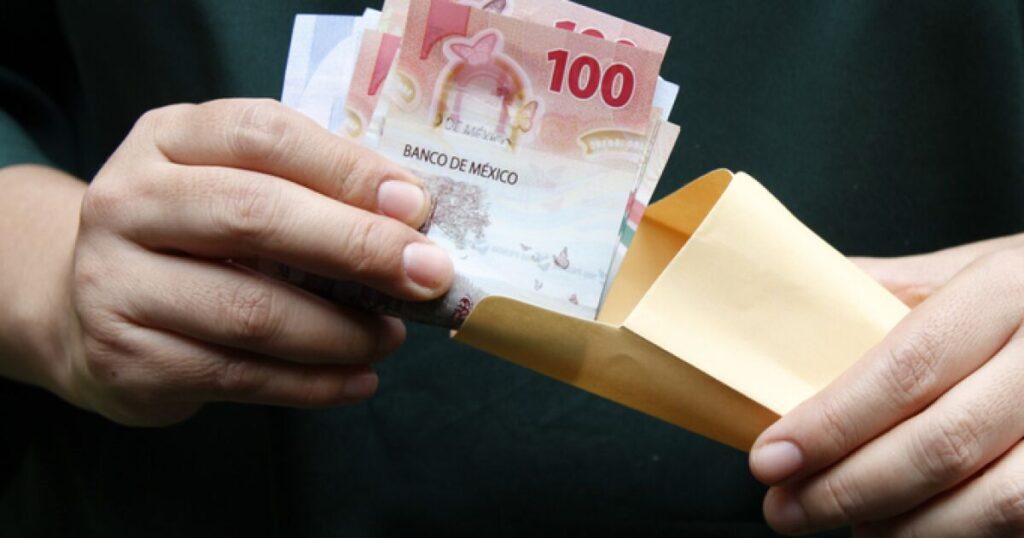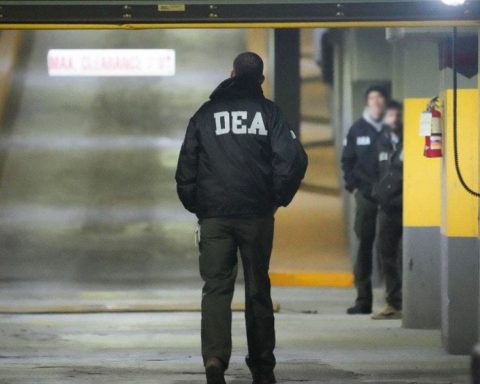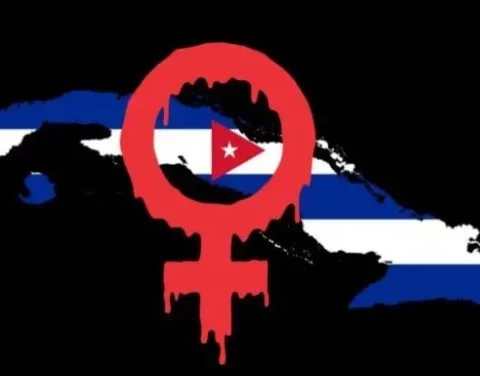The fourth dose, also called the second booster, is being applied to people in several countries, especially those with compromised immune systems. The first country to offer the fourth dose has been Israel, which administered the immunizer to adults over 60 years of age, health personnel and nursing home workers. In Latin America, Chile was the first country to apply the fourth dose. Japan plans to administer it this year.
By Fabiola Roman Maldonado, PhD in Biology
The decision to apply a fourth dose is supported by several studies, including one conducted in the UK. In the study carried out in that country, it was found that 4 out of 10 people who were clinically vulnerable generated lower concentrations of antibodies than healthy people, after two doses of a vaccine. The study, whose data have not yet been published, has analyzed the effect of three doses.
Michelle Willicombe, a nephrologist at Imperial College London, commented that when looking at the reaction of people who have received doses of the vaccine and who have compromised immune systems, some patients do not respond or respond inadequately after 3 doses of vaccines. For that reason, these people need four doses to get some detectable antibodies.
Fourth dose in healthy people
When we talk about healthy people, the administration of a fourth dose is still under study. Administration of a third dose (or first booster dose) has been shown to provide very good protection against severe coronavirus disease.
Some researchers consider that it may be too soon to know if the application of a fourth dose to the general population is necessary. Peter Openshaw, an immunologist and professor of experimental medicine at Imperial College London, said some vaccines need to be given in multiple doses to be fully protected. This is the case for the whooping cough or polio vaccine (which requires four doses). The same may be true for the coronavirus, however, the scientist stressed that we have to wait and see.
According to a report in the journal Nature, preliminary data from Israel has shown that a fourth dose produces only modest protection against coronavirus infection. Data have suggested that current mRNA vaccines reach an “immunity ceiling” after the third dose. According to the results from Israel, people who are young and healthy and have no risk factors are unlikely to benefit much from a fourth dose when faced with Omicron .
In the aforementioned study, the clinical trial was conducted with health workers, who received the fourth injection of an mRNA vaccine at least four months after the third dose. Some received the vaccine made by Pfizer, others received the one made by Moderna.
Regardless of the brand of vaccine, the fourth dose raised the participants’ antibody levels. These antibodies can block the infection of the virus in the body. However, levels after the fourth dose were not higher than those observed shortly after the third dose, suggesting that vaccine-induced immunity had reached an upper limit. It is worth noting that this work was carried out with a small number
of participants; and, therefore, it only allows us to draw preliminary conclusions that must be treated with great caution.
Other studies conducted in Israel have shown higher levels of protection against infections and serious illness after a fourth dose. Those studies suggested that the additional protection offered by the fourth dose could make a big difference for high-risk groups during a surge.
In any case, the experts have stressed that the third dose is very important, since with it an increase in protection against the Omicron variant is observed; therefore, people of all able-bodied ages need to continue using this booster.
